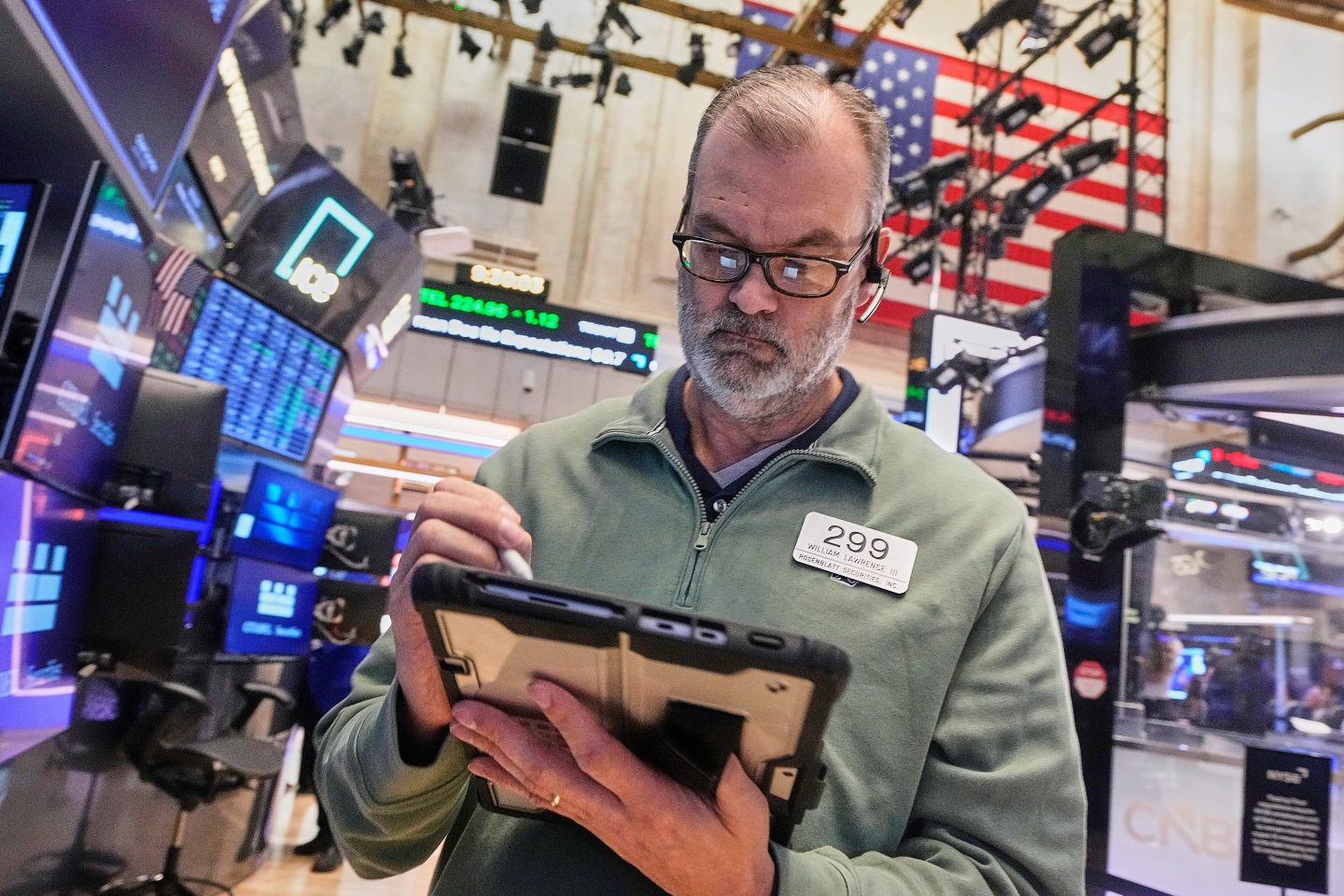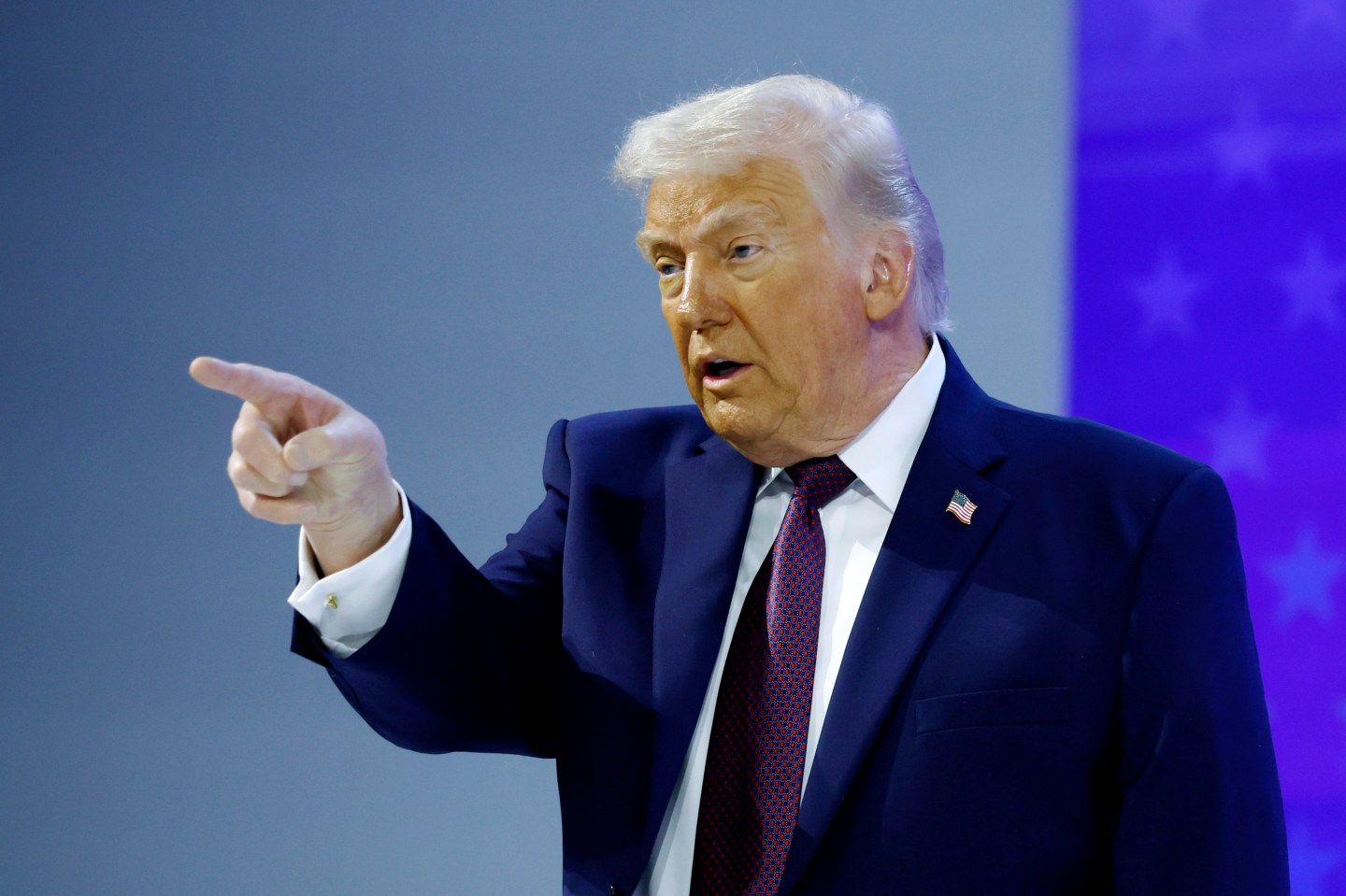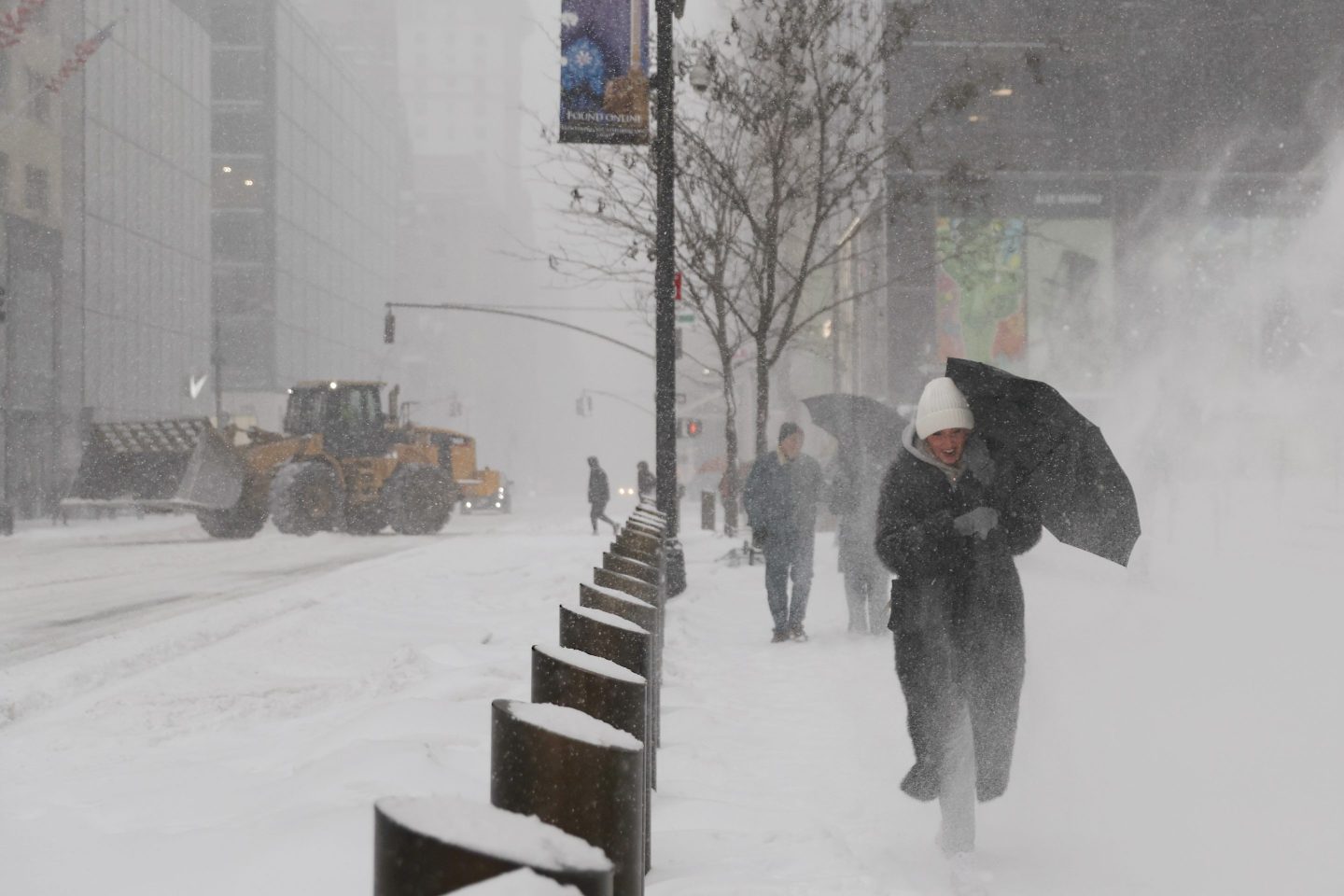We already know that guac is extra, but it could soon be extinct. An avocado shortage is looming, and experts say that prices are about to rise significantly.
The U.S. Department of Agriculture announced, on Super Bowl eve no less, that avocado imports from Michoacán, Mexico, had been suspended after a government inspector allegedly received a threatening call to his official cell phone.
Michoacán is the only Mexican state that is authorized to export avocados to the U.S., but the area is also home to drug cartel turf battles, and avocado growers there are sometimes extorted by cartels.
The pause in imports from Mexico comes on the heels of an already caustic season for the green fruit. California-grown avocados have been hit hard by low rainfall, shrinking crop sizes. Even before the suspension, avocado prices were 100% more expensive than a year ago, according to RaboResearch Food & Agribusiness.
Consumption of avocados in the U.S. Has doubled to an all-time high over the past decade of nine pounds per capita annually, while prices have increased nearly eightfold over the past two decades, according to data from Bloomberg.
And about eight out of 10 avocados in the U.S. Come from Michoacán. That ratio goes up dramatically during the winter months when the vast majority of avocados—about 99%—come from Mexico, the leading producer and exporter of avocados globally.
In the past six weeks alone, Michoacán avocado producers have exported nearly 300 million pounds of avocados to the U.S., the Mexican Agriculture Ministry said.
In short: The U.S. Depends on Mexican avocados.
Experts say that supermarkets will be out of avocados within days, and Chipotle has a few weeks left before it says goodbye to its guacamole if no other avocados come through. Chipotle is “working closely with our suppliers to navigate through this challenge,” Jack Hartung, the company’s CFO said in a statement. “We’ll continue to closely monitor the situation and adjust our plans accordingly.”
But analysts don’t agree with Hartung’s cautious optimism. JPMorgan Chase warned in a note this week that there was “probably not enough avocado supply from other areas of the world to make up for an inability to ship Mexican avocados into the U.S., especially on a nearer-term time horizon.”
Analysts from Wells Fargo wrote this week that prices would soon increase as avocado brokers will begin selling only to their highest bidders. Markets and retailers that can’t afford to pay top dollar will be the first to lose out on their avocados.
The U.S. Department of Agriculture Animal and Plant Health Inspection Service said it is currently investigating the matter of the threatening phone call to assess how to keep personnel working in Michoacán safe.
The Association of Avocado Exporting Producers and Packers of Mexico (APEAM), meanwhile, said that it was working with local authorities to fix the problem as quickly as possible, noting that the 300,000 jobs associated with the industry have already been impacted by the decision to pause exports. “We encourage all those actors in this value chain to take extreme care and vigilance to preserve such an important export program,” the APEAM said in a statement.
But Mexican President Andrés Manuel López Obrador shared a theory of his own on Monday, and claimed political factors played a role in the decision to suspend avocado imports from his country.
“In all of this there are also a lot of political interests, there is competition; they don’t want Mexican avocados to get into the United States, right, because it would rule in the United States because of its quality,” López Obrador said.
“There are other countries that are interested in selling avocados, as in the case of other farm products, so they lobby, they look for senators, professional public [relations] people and agencies, to put up obstacles,” he added.
Avocado sales from South American countries like Peru to the U.S. Have grown significantly over the past five years, according to data from RaboResearch Food & Agribusiness.
Never miss a story: Follow your favorite topics and authors to get a personalized email with the journalism that matters most to you.












